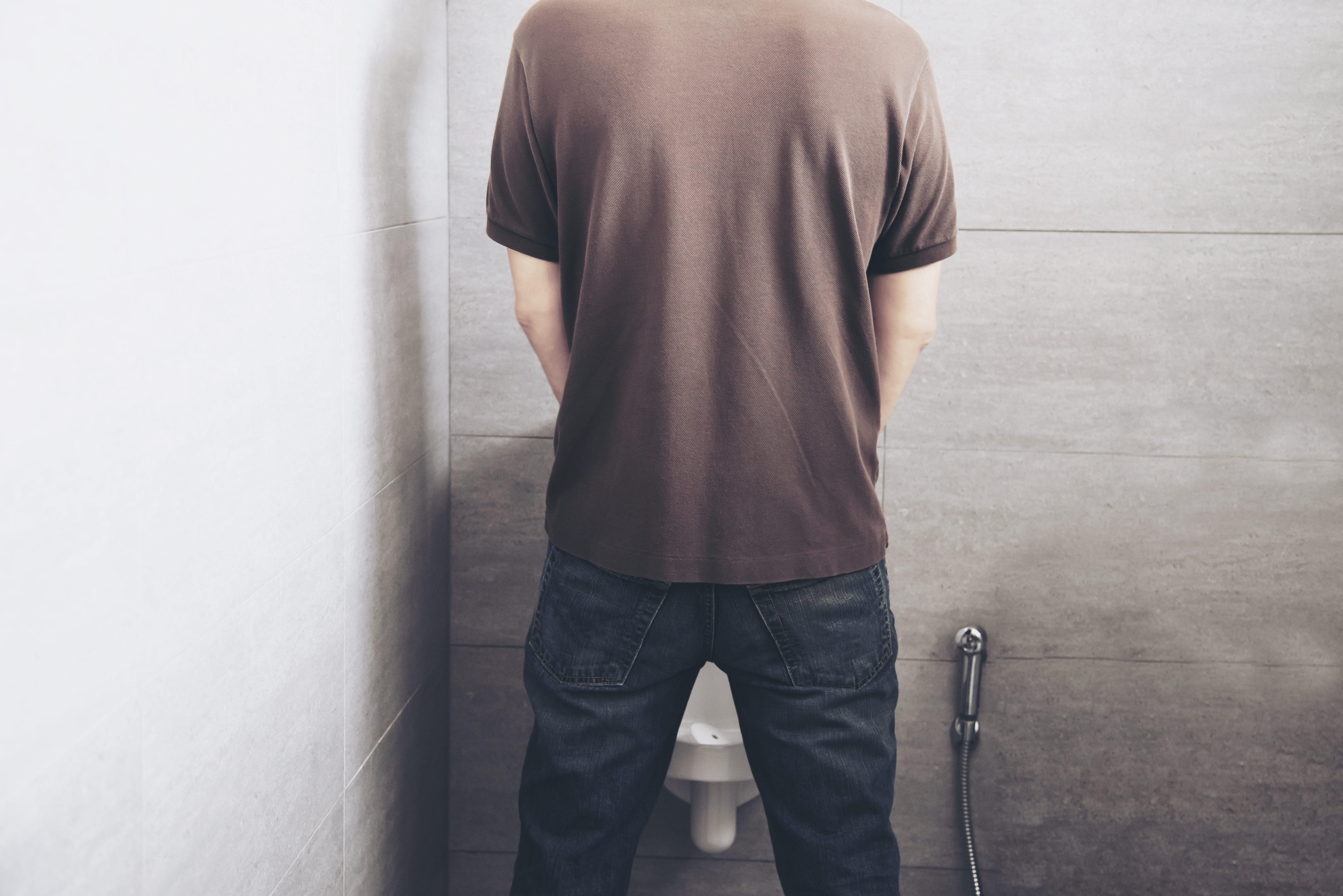Urinary tract symptoms

Urinary tract infections (UTIs) are common bacterial infections that affect the urinary system, causing discomfort and various symptoms. Urinary tract infections (UTIs) manifest with distinct symptoms, often causing discomfort and signaling the presence of bacterial infection in the urinary system.
Common symptoms for both men and women include a painful or burning sensation during urination, a frequent urge to urinate, and lower abdominal or back pain. UTIs involve the invasion of bacteria, often the same found in the intestines, into the urinary tract. Less common factors contributing to these infections include urinary retention, which is more common in elderly men, and conditions like bladder or kidney stones.
In women, additional symptoms may involve, lower abdominal pain, changes in urine appearance, such as cloudiness or the presence of blood, and a strong or unpleasant odor in the urine. Women may also experience UTIs after specific events like sexual activity or the use of certain contraceptives.
For men, symptoms can include blood in the urine, along with potential complications such as inflammation of the prostate or infection of the kidney pelvi (which may lead to feelings of unwellness), fever, and pain between the anus and scrotum.

In this section, we will try to understand the causes and symptoms of urinary tract infections, which is essential for effective self-management and seeking timely medical intervention.
Gender-specific risk factors
UTI's or bladder infections are more prevalent in females due to the proximity of the urethra to the anus. Addtionally, women may experience UTIs after sexual activity, during the use of certain contraceptives, or during pregnancy.
While less common in males, urinary tract infection in men can also occur. Understanding its symptoms among men is of vital importance, as men can become very ill if a UTI is not recognized on time. Men with conditions like bladder or kidney stones are at an increased risk.
- Low fluid intake Low fluid intake can lead to infrequent urination, which in turn increases the risk of infection.
- Diabetes (Poorly managed) diabetes can increase the risk of urinary tract infection
- Weak immune system or the use of medications that weaken the immune system can make individuals more susceptible
- Bladder or kidney stones can interrupt the flow of urine which in turn can cause a urinary tract ifection
- Catheter use Catheters allows for easier attachment of bacteria and can increase the risk of infection. >

UTIs, while common, require careful attention to symptoms and prompt management. Incorporating preventive measures, recognizing risk factors, and understanding when to seek medical help are crucial for effective UTI management.
Self-Management of UTI
Increased Fluid Intake
Drinking 2 to 3 liters per day, such as water, tea, or milk, helps flush out bacteria from the urinary system.
Prompt Urination
Going to the bathroom as soon as the urge arises and ensuring the bladder is fully emptied can prevent bacterial growth.
Various home remedies
Remedies that can help alleviate UTI symptoms include increased fluid intake and the use of cranberry juice, known for its potential preventive properties. Over-the-counter medications, including urinary tract infection medications, can be effective in managing symptoms.
- Persisting UTI Symptoms: If symptoms persist after 1 week or after completing a prescribed course of antibiotics, consulting a healthcare professional is essential.
- Recurrent UTI's: If you experience two or more UTIs within six months you should consult a healthcare provider for further investigation.
- Fever and intense lower abdominal or back pain: The development of fever, especially with a temperature of 38 degrees Celsius or higher, and intense pain in the lower abdomen or back may indicate a more severe infection, requiring urgent medical attention.
- Blood in urine and / or stool: Always take notice of any blood in your urine. It is crucial to consult with your healthcare provider, especially if accompanied by unexplained weight loss
- Inability to urinate: May indicate a blockade in your urinary tract.